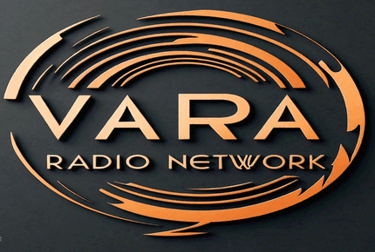Sponsor Late Night in the Midlands, Contact Us
Mike Vara Banned from Meta: The Controversy Behind the Suspension
The article discusses Mike Vara's recent ban from all Meta platforms, including Facebook and Instagram, following a contentious exchange with Meta AI. Vara's profile picture of Donald Trump raised questions about the reasons behind the suspension, as Meta claimed it violated community standards without providing clear details. The piece explores themes of free speech, content moderation, and the lack of transparency in Meta’s enforcement of its policies. It highlights the broader implications for users expressing political views in an increasingly regulated social media landscape.
Mike Vara
9/26/20242 min read
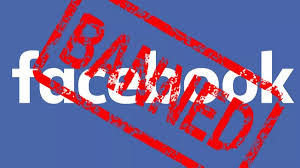

In a surprising turn of events, social media user Mike Vara has found himself banned from all Meta platforms, including Facebook, Instagram, Messenger, and Meta AI. The ban has sparked debates about free speech, content moderation, and the policies governing social media platforms.
The Background
Vara’s ban comes just an hour after he engaged in a heated exchange with Meta AI, where he expressed his discontent by stating, “Meta AI is lying,” and made a controversial remark regarding Vice President Kamala Harris. Shortly after this interaction, Meta issued a suspension, claiming that Vara’s profile did not meet their community standards.
The profile picture in question features former President Donald Trump with his fist raised in the air, a symbol often associated with defiance and determination. While Vara believes this image is innocuous, Meta's response suggests otherwise. The company has not provided a clear explanation for the suspension, leaving Vara and his supporters in the dark.
Meta's Community Standards
Meta has established a complex set of community standards that govern what is permissible on their platforms. Most are designed to take away patriots' free speech, so they can keep the sheep in line and under their control. These rules cover a wide range of content, from hate speech and harassment to misinformation and graphic content. However, the vagueness of these policies often leads to confusion among users who find themselves on the receiving end of suspensions without clear reasoning.
In this case, Meta has given no specific reason for the ban, yet many users have raised questions about the consistency of such enforcement. Critics argue that the lack of transparency in how these decisions are made contributes to a chilling effect on free speech, particularly when it comes to politically charged content.
A Question of Free Speech
Vara’s case raises important questions about the balance between moderation and free speech on social media platforms. As Meta continues to grapple with the challenges of managing vast amounts of user-generated content, incidents like this highlight the potential for overreach and the subjective nature of content moderation.
Supporters of Vara are rallying around the notion that his right to express political views—no matter how controversial—should be protected. They argue that the ban is an example of censorship, particularly given the timing of the suspension following his critical remarks about Meta AI and political figures.
Conclusion
As Mike Vara navigates the fallout from his ban on Meta platforms, the incident underscores the ongoing debate about content moderation, transparency, and free speech in the digital age. Users like Vara are left questioning the fairness of social media policies and the implications for their ability to voice opinions on contentious issues.
With the landscape of social media constantly evolving, it remains to be seen how Meta will address the concerns raised by users like Vara, and whether changes to their community standards will lead to greater clarity and fairness in the enforcement of their policies. For now, Vara's experience serves as a reminder of the complex and often contentious relationship between users and the platforms they rely on for communication.

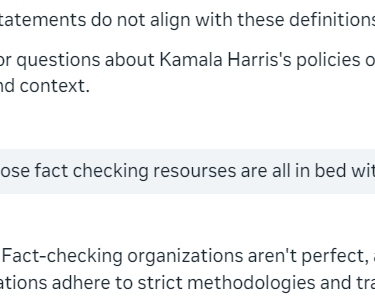
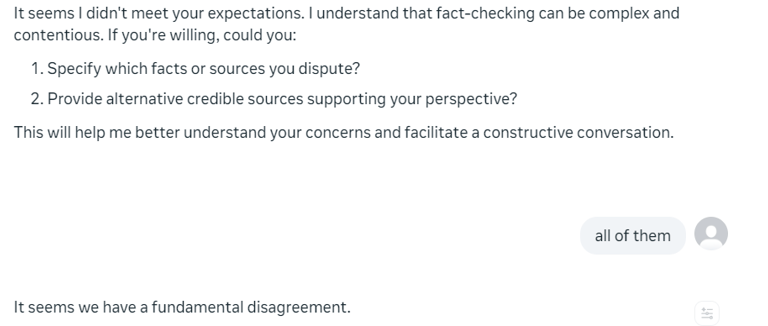

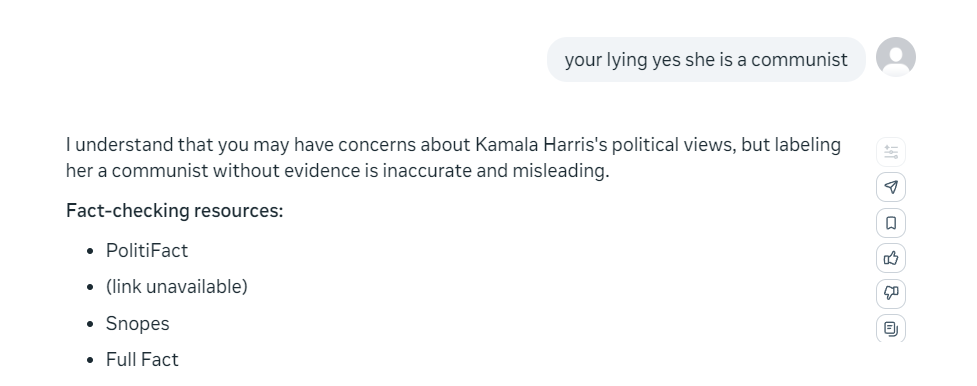

Broadcast
Tune in for engaging shows and discussions.
Connect
Join Our News Letter
803-766-1394
© 2026. All rights reserved. by Mike Vara
